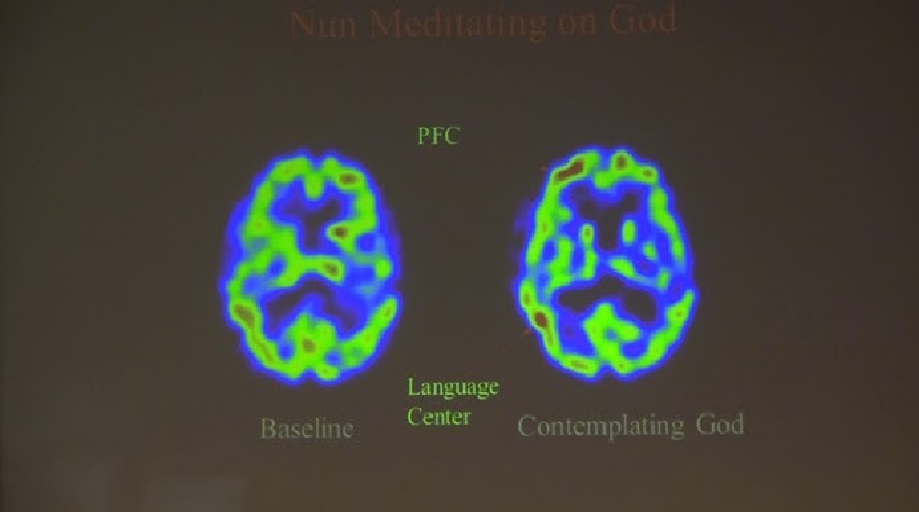For almost a century now Christians, psychologists, linguists and scientists have studied this issue and found zero evidence, anywhere on earth, of anyone miraculously speaking a real language.
Crapps, in his 1986 book An introduction to psychology of religion, gives some reasons why:
The worshiper, usually under the state of intense emotional excitement, utters a series of disconnected and unstructured syllables. Although the utterances exhibit vocalization patterns that can be measured, they are non-communicative as language. The tongue-speaker uses ordinary vowel and consonant sounds but strings them together haphazardly. Speed, volume and inflection may give the impression of sentences but decoding them and translating them are impossible.
Geisler (Signs and Wonders, 167) adds:
Even when two or more different Pentecostal interpreters listen to the same audio recording of a tongues-speaker, their interpretations are totally different—suggesting that the tongues themselves are not real languages that can even be translated.
Professor of languages Dr. William Samarin conducted a wide-ranging investigation in North America and Europe and concluded:
“When the full apparatus of linguistic science comes to bear on glossolalia, this turns out to be only a facade of language — although at times a very good one indeed…[speaking in tongues] always turn out to be the same thing: strings of syllables, made up of sounds taken from among all those that the speaker knows, put together more or less haphazardly but which nevertheless emerge as word-like and sentence-like units because of realistic, language-like rhythm and melody. Glossolalia is indeed like language in some ways, but this is only because the speaker (unconsciously) wants it to be like language. Yet in spite of superficial similarities, glossolalia is fundamentally not language.” (Tongues of Men and Angels, p. 127-128, 227).
And the noted American pastor John MacArthur (Charismatic Chaos, 1992, p 293) cites more scientists and studies:
“In his book The Psychology of Speaking in Tongues, John Kildahl concluded after much study of the evidence that glossolalia is a learned skill. Kildahl, a clinical psychologist, and his partner Paul Qualben, a psychiatrist, were commissioned by the American Lutheran Church and the National Institute of Mental Health to do a long-range study on tongues. After all their work, they came to the firm conviction that it was nothing more than a learned phenomenon. A more recent study conducted at Carleton University, Ottawa, demonstrated that virtually anyone can learn to speak in tongues with minimum instruction and modeling. 60 subjects who had never spoken in tongues or heard anyone else do it were used in an experiment. After two brief training sessions including audio and videotaped samples of tongues speaking, all the subjects were asked to attempt to speak glossolalia for thirty seconds. Every subject in the test was able to speak passable glossolalia throughout the thirty-second test, and 70 percent were able to speak fluently.”




